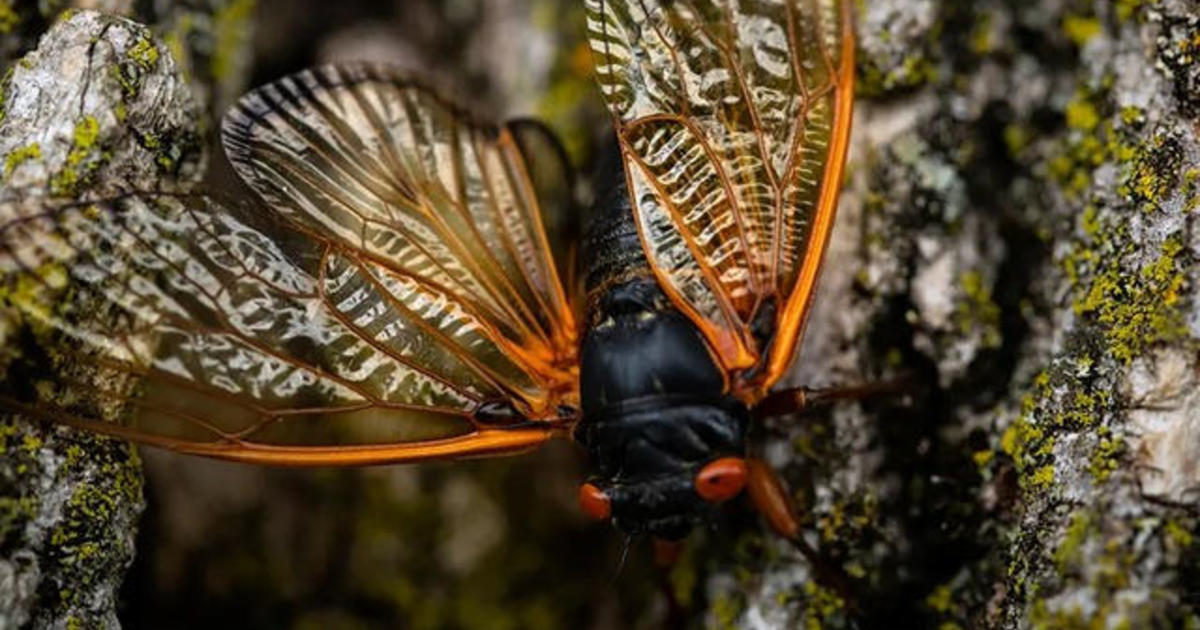Fears Of West Nile Virus Spark Mosquito Spraying Campaign
ANNE ARUNDEL COUNTY, Md. (WJZ) -- The wet weather that's been making people miserable has been perfect for making mosquitoes. As their numbers grow, so does the threat of West Nile Virus.
Alex DeMetrick reports cases of the disease are triggering spraying campaigns.
There's a lot of standing water between Crownsville and Severna Park in Anne Arundel County. It's a perfect home for wrigglers, a cute name for mosquito larvae. But there's nothing cute when the adult bites you, if it has first bitten a bird carrying the West Nile Virus.
"They can feed on birds and acquire the virus and then give it to humans or horses and other mammals," said Kimberly Mitchell, Maryland Health Department.
And in the area between Crownsville and Severna Park, "We have a human case of West Nile Virus and when we get those cases, we go out into the neighborhoods and spray within a one mile radius of the patient," said Tony DeWitt, Maryland Department of Agriculture.
It's the kind of spraying that began in 2001 with the first human cases in Maryland. Starting Monday night, mosquito control crews will begin spraying in the communities of Arden on the Severn and Herald Harbor.
The pesticide is not considered dangerous to people.
"The rate we apply it is so low it won't even affect larger insects, much less human beings," DeWitt said.
So far this year, 12 cases of West Nile Virus have been reported in widely scattered parts of Maryland.
"Most of them had West Nile fever, which is a more mild, self-limiting type of West Nile infection. There was a smaller proportion of our cases that had severe West Nile disease. These cases usually require hospitalization but I believe they are all being monitored and recovering," Mitchell said.
Getting rid of standing water around homes is the best defense and for those who work or stay outside, repellant is advised.
"They've been pretty bad since it's been so wet out. We got some spray we put on but it seems it ain't always the best," said surveyor Tracey Harvey.
Mosquito eggs can lay dormant for years in the soil. When Tropical Storm Lee sent streams over their banks, a lot of those eggs hatched.



